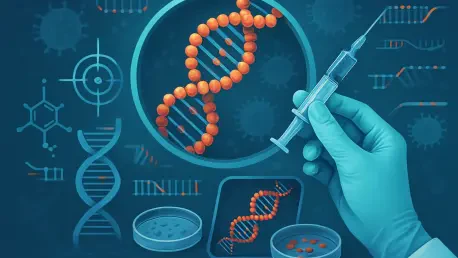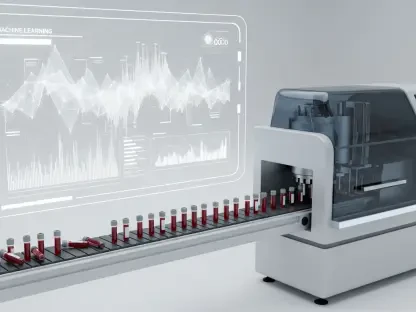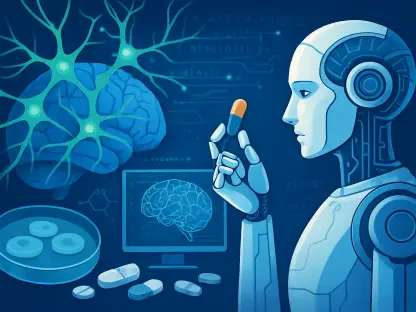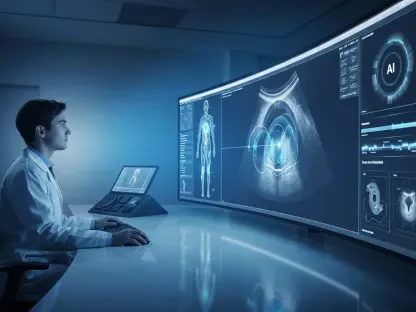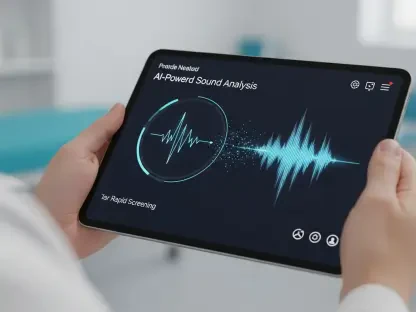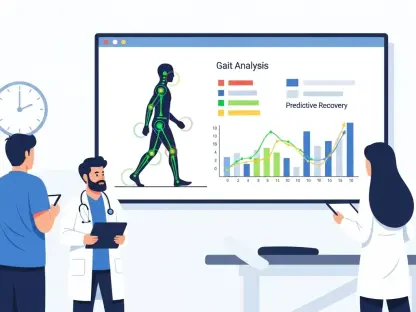I’m thrilled to sit down with Ivan Kairatov, a renowned biopharma expert whose extensive experience in research and development, paired with a deep understanding of technology and innovation, has positioned him as a thought leader in the healthcare industry. Today, we’ll explore groundbreaking advancements in precision medicine, focusing on the transformative role of RNA-based technologies, their impact on drug development, and the future of cancer treatment. We’ll also dive into how Ivan’s insights reflect the cutting-edge work happening in this space, including the significance of recent regulatory milestones and comprehensive solutions for biopharma partners.
Can you start by giving us an overview of the kind of work you’re involved in within the biopharma and healthcare technology space?
Absolutely, Matthias. My work primarily revolves around leveraging technology to advance precision medicine in the biopharma industry. This involves integrating vast datasets of clinical and molecular information to develop tools that help physicians make better treatment decisions and accelerate drug discovery. We focus on creating innovative solutions that bridge the gap between research and real-world patient outcomes, often using advanced analytics and cutting-edge devices to drive personalized healthcare forward.
What do you think sets apart the approach of companies leading in precision medicine today?
I believe it’s the ability to combine extensive data libraries with actionable technology. The leaders in this space don’t just collect data; they translate it into meaningful insights for clinicians and researchers. This means having a robust infrastructure to handle complex datasets—like molecular and clinical profiles—and turning that into tools that directly influence patient care or trial design. It’s about creating a seamless ecosystem where data drives innovation at every step.
Let’s talk about recent advancements in RNA-based tools. Can you explain the significance of devices like those recently cleared by the FDA for drug development?
Certainly. RNA-based tools are game-changers because they provide insights beyond what DNA sequencing alone can offer. These devices, like the ones receiving recent FDA clearance, are designed to support drug development by analyzing RNA to identify biomarkers. This helps in pinpointing which patients are most likely to respond to specific therapies, making the drug development process more targeted and efficient. It’s a huge step forward in personalizing treatments, especially in fields like oncology.
How do such RNA tools impact the design and efficiency of clinical trials?
They revolutionize clinical trials by enabling a more precise selection of participants. When you can identify upfront which patients are likely to respond to a therapy based on RNA biomarkers, you reduce the trial’s size and duration, cut costs, and increase the likelihood of success. It’s about focusing resources on the right cohorts, which not only speeds up the process but also ensures that the therapies developed are more effective for the intended population.
Why is RNA sequencing considered such a promising frontier compared to traditional DNA sequencing?
RNA sequencing gives us a dynamic view of what’s happening in a cell at a given moment, unlike DNA sequencing, which is more static and tells us about potential predispositions. RNA reflects real-time gene expression—how genes are actually behaving under specific conditions. This is critical in understanding diseases like cancer, where the tumor’s behavior can change rapidly. By focusing on RNA, we gain deeper insights into active biological processes, which can lead to more tailored therapeutic strategies.
What kind of new opportunities does this focus on RNA open up for biopharma partnerships?
It creates a wealth of possibilities. For biopharma partners, RNA sequencing tools mean they can develop therapies tied to specific biomarkers with greater confidence. It allows for more collaborative research into novel drug targets and supports the creation of companion diagnostics that ensure the right drug reaches the right patient. Essentially, it fosters a closer alignment between drug developers and precision medicine platforms, paving the way for innovative treatments that are both faster to market and more effective.
How do comprehensive precision medicine solutions benefit partners and customers in the biopharma space?
Comprehensive solutions act as a one-stop shop, which is incredibly valuable. They provide everything from data analytics to diagnostic tools under one roof, streamlining the process for partners. For instance, biopharma companies can access advanced sequencing technologies, clinical trial support, and data interpretation all in one place. This reduces complexity, saves time, and ensures consistency across the development pipeline, ultimately helping bring therapies to patients more quickly.
Can you share an example of how a holistic approach in precision medicine has made a tangible difference in a project or partnership?
Sure, I’ve seen projects where having an integrated platform transformed outcomes. In one case, a biopharma partner was struggling to identify the right patient population for a new oncology drug. By using a combination of molecular data analysis and advanced diagnostic tools, we helped them narrow down the cohort most likely to benefit. This not only accelerated their trial timeline but also improved the drug’s efficacy results, making a real difference in moving the therapy toward approval and, ultimately, to patients who needed it.
With more therapies tied to RNA biomarkers entering the market, how do you envision the future of cancer treatment evolving?
I see cancer treatment becoming increasingly personalized. As RNA biomarker therapies grow, we’ll move away from one-size-fits-all approaches to highly tailored treatments based on a patient’s unique molecular profile. This could mean that in the near future, a cancer diagnosis will come with a precise roadmap of therapies most likely to work for that individual. It’s a shift toward greater efficacy and fewer side effects, fundamentally changing how we approach oncology.
What is your forecast for the role of RNA-based technologies in shaping the next decade of healthcare innovation?
I’m incredibly optimistic. I believe RNA-based technologies will become a cornerstone of healthcare innovation over the next decade. We’re just scratching the surface of their potential—not only in cancer treatment but also in other complex diseases. I expect we’ll see an explosion of new therapies and diagnostics tied to RNA, alongside advancements in how we collect and interpret this data. The integration of AI and machine learning will further amplify this, making RNA tools even more precise and accessible. It’s an exciting time, and I think we’re on the cusp of a major transformation in how we prevent, diagnose, and treat diseases.
